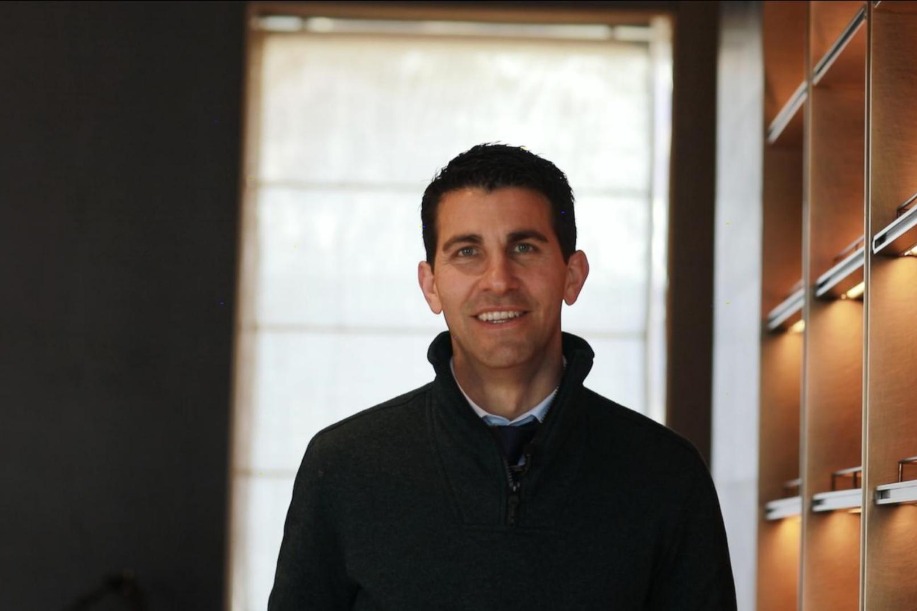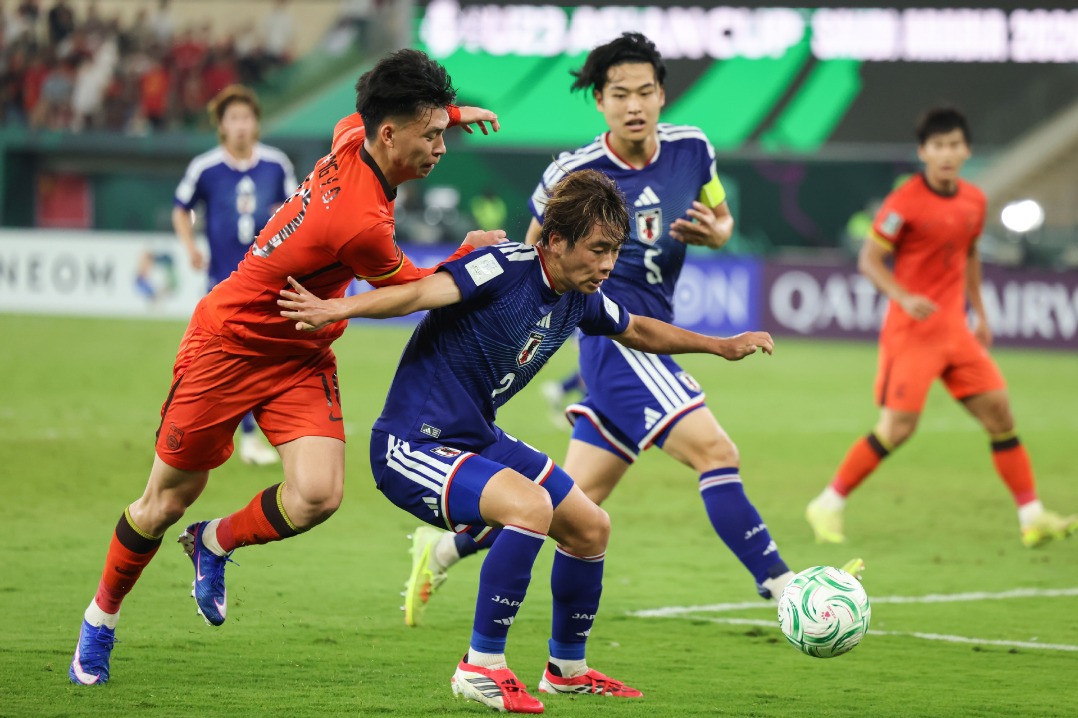Farewell to the IOC's 'Mr Normal'
Jacques Rogge, the unassuming and affable former leader of the Olympic Movement, passes away aged 79

Jacques Rogge, who has died aged 79, will be remembered for his term as president of the International Olympic Committee (IOC) during which he firmly imposed his 'Mr Normal' image on the organization.
Unassuming and humble, he left the role as the most powerful man in sports in 2013 having restored luster and honor to the IOC, which he leaves in strong financial health.
The Belgian adopted the same precision he learned when he qualified as an orthopaedic surgeon in cutting the big spending of the previous era under Spaniard Juan Antonio Samaranch, who he replaced when the former diplomat stepped down in 2001.
"In medicine, you first listen to your patient. You listen to what he has to tell you, then you do the examination, you analyze, then you make a diagnosis, then you come up with the treatment," Rogge said in an interview with The Associated Press in 2002.
"I'm definitely a listener. I consult with people and try to make an analysis. I won't do it alone. I'm a team worker."
While there was nothing flamboyant about the bookish, quietly spoken and cultivated Belgian, he was the natural choice to replace Samaranch at the election in Moscow in 2001.
Coming in the wake of the Salt Lake City 'votes for gifts' scandal which had rocked the movement and seen several members expelled, the IOC was in desperate need of a pair of safe and clean hands.
"A heavyweight has been elected," said Samaranch at the time.
Rogge told the Chicago Tribune on his election that his love of a particular type of art resembled his character.
"I categorize things. My medical skills are like that. Abstract art is all about shapes and sizes you can categorize. It's like being a pilot with a checklist. I am abstract, but not romantic," said Rogge.
Rogge adored Cubist art but abstract was more within his financial reach.
His presidency reflected that, a tightly run ship-appropriate for a three-time Olympic sailor.
His brainchild, the Youth Olympic Games was created.
Rugby and golf were voted back into the Games and women's boxing was one of the standout successes at what was also considered one of the best Games of all time in London in 2012.
"Have I enjoyed it? Not always. Was it exciting? Definitely, and it was a privilege of course to be president," said Rogge when asked to sum up his spell in charge.
"You have good and bad moments, but the fact is the biggest reward for me was the athletes' welfare and in that I was successful."
Rogge's outwardly severe-looking manner hid a warm personality-jokes at his own expense never far from his lips.
While he might have been the master of world sports it was far from being the case at home, as he learned at an early age.
"I was a ringside doctor for five years," he told AFP in 2009.
"I was young, my shirt would often be spattered with blood as I was closest to the bout. I would come home with my shirt spattered in blood and my wife would say to me 'you clean it'."
Never one for soundbites-sometimes his remarks or answers could come across as too technocratic delivered behind his poker-faced expression-thoughts of the legacy he leaves did not matter to him.
"Normally with regard to legacy you only speak about that when people die," he told AFP.
"I didn't take the mandate up to leave a legacy and historians can write about that in 20 years' time if they so wish."
Rogge was elected the IOC's eighth president in Moscow on July 16, 2001, defeating four other candidates to succeed Samaranch, a former ambassador who ran the committee for 21 years. Rogge took office in the wake of the Salt Lake City corruption scandal.
Rogge enjoyed a "Mr. Clean" reputation and moved quickly to break with the IOC's tainted and elitist image. Within hours of coming to power, he announced that he would stay in the athletes' village rather than the IOC hotel during the Salt Lake City Olympics. (He continued the practice at subsequent Games, though he also would stay in the official hotel when he had important meetings).
"He was absolutely the right person at the right time," Norwegian former IOC member Gerhard Heiberg said. "We had a lot of turmoil. We had to get out of that. We had to get another image. He brought stability to the organization."
After serving an initial eight-year term, Rogge was reelected unopposed in 2009 to a second and final four-year mandate. He stepped down in September 2013 in Buenos Aires, where German lawyer Thomas Bach was elected.
"I received an IOC in good shape from Samaranch," Rogge said in an interview before handing over to Bach. "And I believe I will leave an IOC in good shape to my successor."
Rogge spoke five languages, a big selling point in the multilingual IOC. His native tongue was Flemish or Dutch, but he also spoke French, English, Spanish and German.
He held his nerve when he refused emotional calls to hold a minute's silence at the opening ceremony of the London Games to mark the 40th anniversary of the murder of 11 Israelis by the Black September terror group at the 1972 Olympics.
Instead Rogge-who had been competing on that day against an Israeli yachtsman-paid his own homage of a minute's silence, a few days before the opening, in front of the Olympic Truce Wall in the athletes' village.
Under his own presidency, tragedy struck the Games.
Georgian luger Nodar Kumaritashvili died in a practice run prior to the 2010 Vancouver Winter Games, which produced a rare moment of public emotion as Rogge brushed aside tears in giving his tribute to the young athlete.
"That was the worst moment and one that I will never forget," he said as he looked back on his career.
True to the last, though, Rogge remained impassive as the members heaped praise on him, fighting it off with his self-deprecatory wit.
No more so than when the man who replaced him as president, Bach, said he would disobey him on the eve of his stepping down and pay him a compliment.
"Your disobedience tells me that I have reached the level of irrelevance," said Rogge.
Agencies
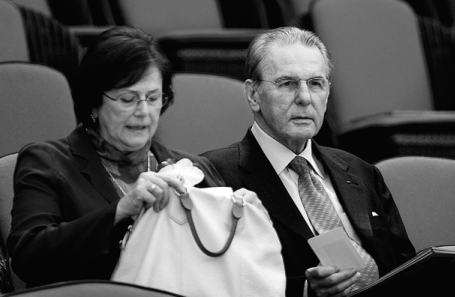
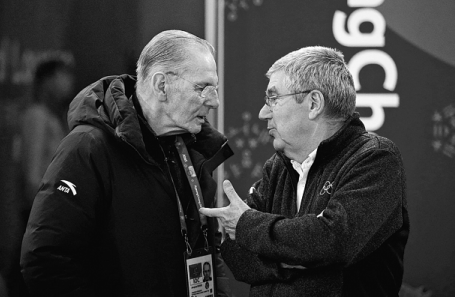
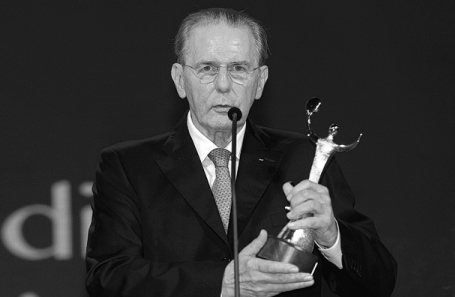
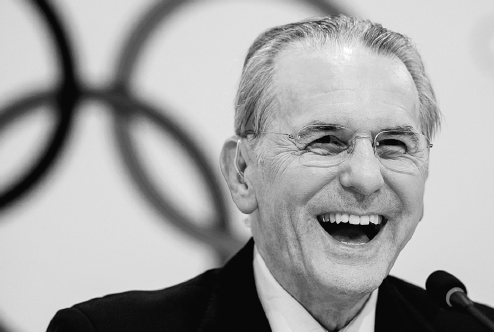
Today's Top News
- Finnish PM arrives in Beijing for official visit
- Beijing leads Chinese cities in number of registered AI models
- WHO chief says US reasons for withdrawal 'untrue'
- Xi congratulates Yoweri Museveni on re-election as president of Uganda
- Senior military officials under investigation
- Systematic approach sees return of clear waters to the Yangtze River

















